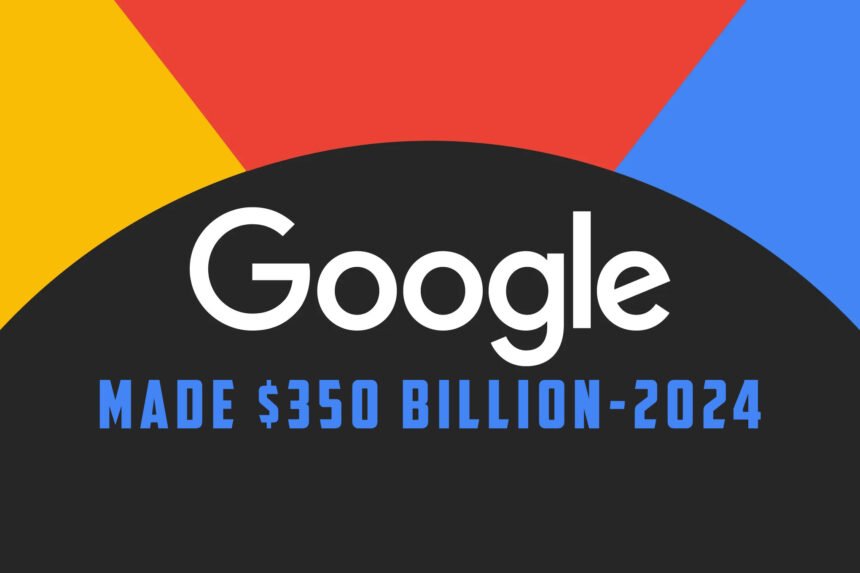ChatGPT has revolutionized the entire world. Microsoft is leading the charge in using OpenAI’s GPT-3 technology, with plans to incorporate it into Bing, Windows 11, Office, and Edge. Other tech giants such as Google, YouTube, Snapchat, Meta, and Baidu are following suit, but with more caution.
Microsoft & ChatGPT
Microsoft has promised to invest billions of dollars in OpenAI and is testing its search engine’s latest version of GPT-3. Generative AI has already been used for various functions such as passing exams, writing letters, coding software, and providing customer support. It has also been used in the healthcare field to answer patient queries, and it could help alleviate the shortage of doctors in the US and the UK.
Google has unveiled its version called Bard, powered by its large language model LaMDA, and plans to launch AI-powered features soon. YouTube will offer generative AI to creators, but with guardrails in place, while Meta is creating a product group to turbocharge its work. Snap will introduce a chatbot, MyAI, for subscribers, and Shopify is also adopting ChatGPT as a consumer app.
China’s Baidu and Alibaba are testing their versions of ChatGPT, and Elon Musk is reportedly considering forming a new research lab to rival OpenAI. However, there have been concerns about the technology’s readiness for public use, with reports of ChatGPT going haywire soon after Bing integration was introduced. Microsoft has made some tweaks to the program, but controversies persist.
Despite the cautious approach of some companies, the proliferation of ChatGPT-style AI across a wide range of applications and platforms indicates growing confidence in the technology’s capabilities. Its potential for automating tasks, providing personalized recommendations and responses, and improving customer service and engagement has attracted the attention of businesses across industries.
However, AI’s rapid development and deployment also raise concerns about its impact on privacy, security, and fairness. Some experts warn that ChatGPT-like tools could be used to spread misinformation, generate fake news, or perpetuate harmful biases and stereotypes.
For these issues, many companies are investing in ethical AI frameworks, transparency and accountability measures, and diverse and inclusive teams to develop and test their AI models. They are also collaborating with regulators, researchers, and civil society organizations to ensure that the benefits of AI are balanced with the risks and challenges.
As ChatGPT and other generative AI technologies advance and become more accessible, they have the perspective to transform how we work with machines, each other, and the world around us. Whether they will fulfill their promise or create new problems remains to be seen, but one thing is clear: the era of conversational AI has just begun.













